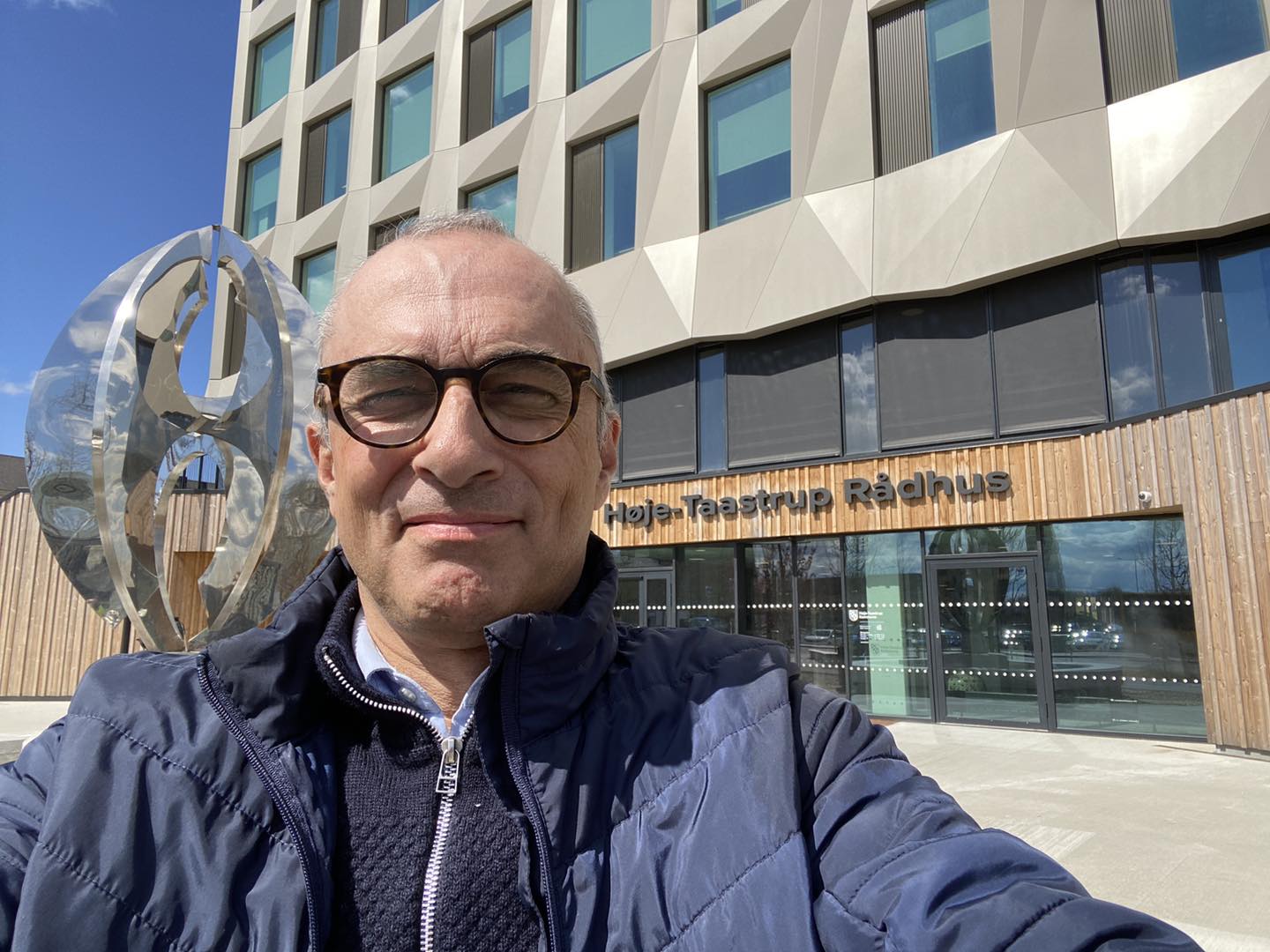Michael Ziegler, one of the most prominent local politicians for Konservative, gave encouraging news on Facebook this morning.
Last October, the Høje-Taastrup mayor announced that he was on long-term sick leave with acute leukemia.
“It’s now been almost seven months since ‘ightning struck’ and I was diagnosed with acute leukaemia. I have been through an extensive course of treatment with chemotherapy, stem cell transplantation and treatment with immunosuppressive drugs. It hasn’t been a party,” he writes.
The treatment, though, looks to worked very well.
“99 percent of my blood cells are now created from donor stem cells. In other words, now only one percent is left ‘of me’. It’s great, as the cancer was created by mutations in my own system,” he says.
Following consultation with his doctor, Ziegler will report to work on May 25. He emphasises that it will be a gradual return and he will be more of an ‘office mayor’ until the summer holidays.
READ ALSO: Social media helps propel stem cell donor registrations
Cells from Chile
Earlier this year, more than 7,700 people signed up as stem cell donors in Denmark in just a few days – surpassing the total number of donor enrollments for all of 2022.
According to Rigshospitalet city hospital, the rapid influx was sparked by Ziegler’s Facebook post about his battle with acute leukemia and the search for a suitable stem cell donor.
Among 30 million registered stem cell donors worldwide, a match for Ziegler was eventually found in a woman in Chile.
Doctors harvested stem cells from the woman’s blood and sent them by plane to Denmark. Here, the cells were transplanted into Ziegler’s bone marrow.
“I will continue to be a patient at Rigshospitalet for a long time to come. There will be a gradual phasing out of medication, and of course I will need to have regular check-ups. Avoiding infections would be prefereable in the coming months. They can ‘stir up donor cells’ and trigger a graft-versus-host reaction,” writes Ziegler.














